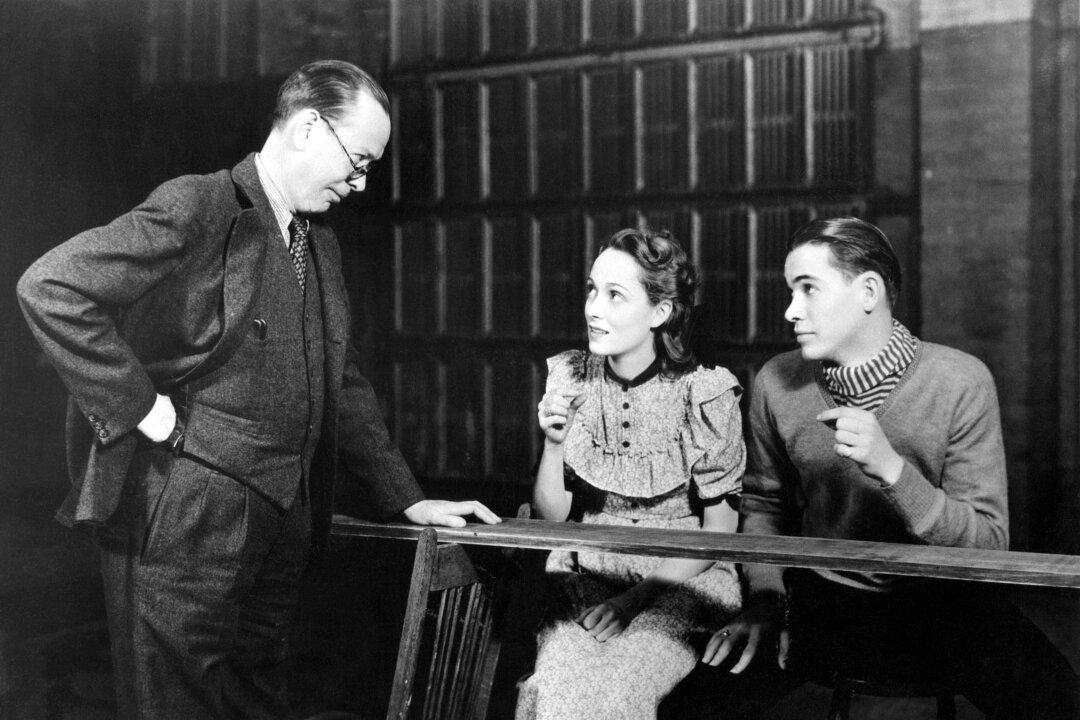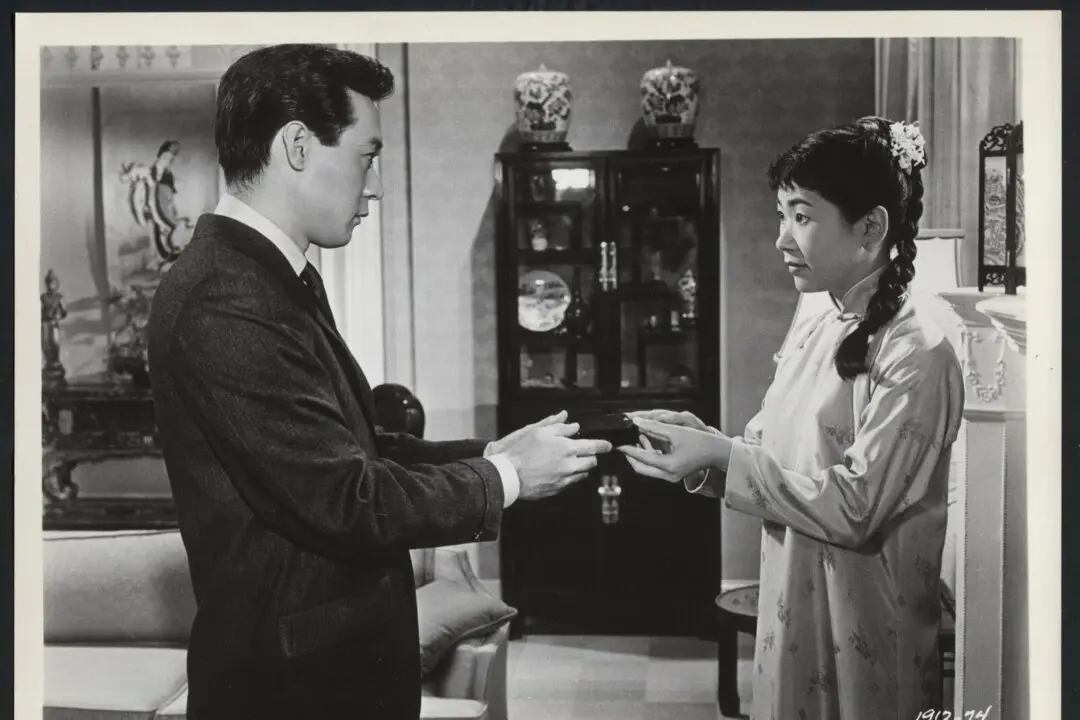Search online for “the meaning of rhetoric,” and you’ll find the word typically defined as speech or writing intended to persuade others. Some sources list as a secondary meaning bombastic or sentimental speech and writing, often deceitful in their attempts at persuasion. “He’s just gaslighting us,” someone might say of a politician’s appearance. “It’s all just hot air and rhetoric.”
If asked, most Americans might be unable even to define rhetoric, much less explain why or how it might be studied and deployed. To fault them for their ignorance would be wrong, for with the exception of students in homeschools, classical academies, and some liberal arts colleges, most people aren’t exposed to rhetoric—neither the word nor its worth.






